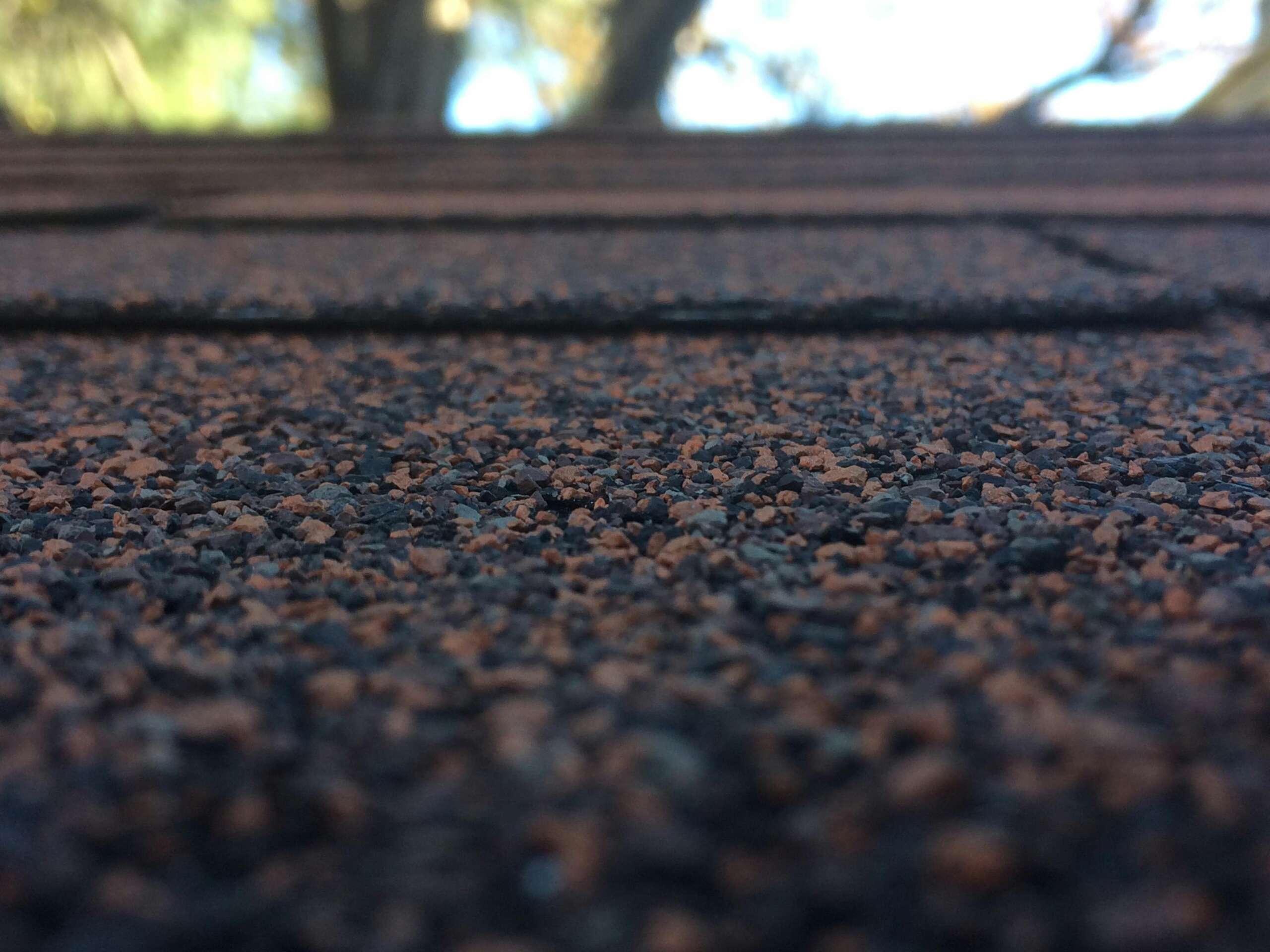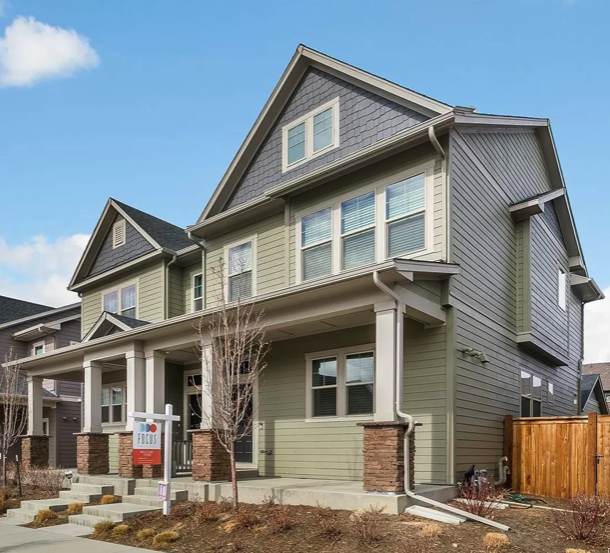In Central Park, we have seen many, many new roofs going up on neighborhood homes over the last year since the hail storm last May. This would be covered by homeowners insurance. But what if you live in a condo and the roof needs to be replaced?
If you own a condominium, you likely already carry an HO-6 condo insurance policy. This coverage protects your personal belongings and the interior structure of your unit, but there’s another key component of your policy that many condo owners overlook — Loss Assessment Coverage, also known as Special Assessment Coverage.
Let’s explore what this is, why it matters, and how it can specifically protect you from unexpected costs when major shared structures, like the roof, need repair or replacement.
What Is Loss Assessment Coverage?
In a condominium, residents collectively own shared spaces — including the building’s roof, exterior walls, hallways, elevators, etc. These are maintained by the condo association (also called the homeowners association, or HOA), which typically insures these common areas through a master insurance policy.
However, if a major loss occurs that exceeds the HOA’s insurance limits or falls under its deductible, the association may impose a special assessment — a fee each unit owner must pay to help cover the cost.
Loss Assessment Coverage on your HO-6 policy helps cover your portion of these costs, protecting you from having to pay out of pocket.
How It Applies to Roof Damage or Replacement
Roofs are among the most expensive and commonly assessed components for condos. Suppose a hailstorm causes widespread damage to the roof. If the HOA’s master policy doesn’t fully cover the cost — whether due to a high deductible, partial coverage, or exclusions — the remaining balance could be passed on to unit owners as a special assessment. Most commonly we see the deductible being divided between unit owners to be paid.
Without Loss Assessment Coverage, you’d be responsible for paying your share — which is easily thousands of dollars. But if you have this coverage on your policy, your insurer may step in to pay some or all of that amount, up to the limit you selected.
What Does It Cover?
Loss Assessment Coverage may apply in situations like:
- Damage to shared property (like the roof) from a covered peril (e.g., wind, fire, hail).
- Liability claims against the association (e.g., a lawsuit from someone injured in a common area).
- Certain deductibles on the association’s master policy (depending on your insurer and policy terms).
However, it generally does not cover:
- Routine maintenance or wear-and-tear assessments.
- Damage from excluded perils (like floods or earthquakes unless specifically added).
- Personal disputes or fines from the HOA.
How Much Coverage Do You Need?
Many HO-6 policies include a standard amount of Loss Assessment Coverage — often $1,000 to $5,000 — but this may not be enough, especially if your condo community has high-value shared property or is located in a disaster-prone area. Many HOA’s have begun sending out letters letting owners know how much loss assessment coverage they suggest they have to prepare them for a potential assessment they could be responsible for in the future.
Talk to your insurance agent about increasing your limits. In most cases, you can increase your coverage to $50,000 (or more depending on the insurer) for a relatively small increase in your premium.
Real-Life Example
Let’s say the roof over your building sustains wind damage during a storm, and the HOA’s master policy has a $100,000 wind/hail deductible. If there are 10 units in the building, each owner may be assessed $10,000 to cover the deductible.
If you have only $1,000 in Loss Assessment Coverage, you’d be responsible for the remaining $9,000 out of pocket. But if you had $10,000 or more in coverage, your policy would cover the full amount.
Loss Assessment Coverage is one of the most valuable yet underutilized parts of a condo insurance policy. With the increasing cost of repairs — especially for roofs — this coverage can be a financial lifesaver.
If you’re unsure what your current policy includes, contact your insurance provider and ask:
- How much Loss Assessment Coverage do I have?
- Can I increase my limits?
- Are roof-related assessments covered?
A little attention now can prevent a big bill later. If you’d like to discuss your insurance, related to this topic or something else, I’m here to help! My contact info is below.




